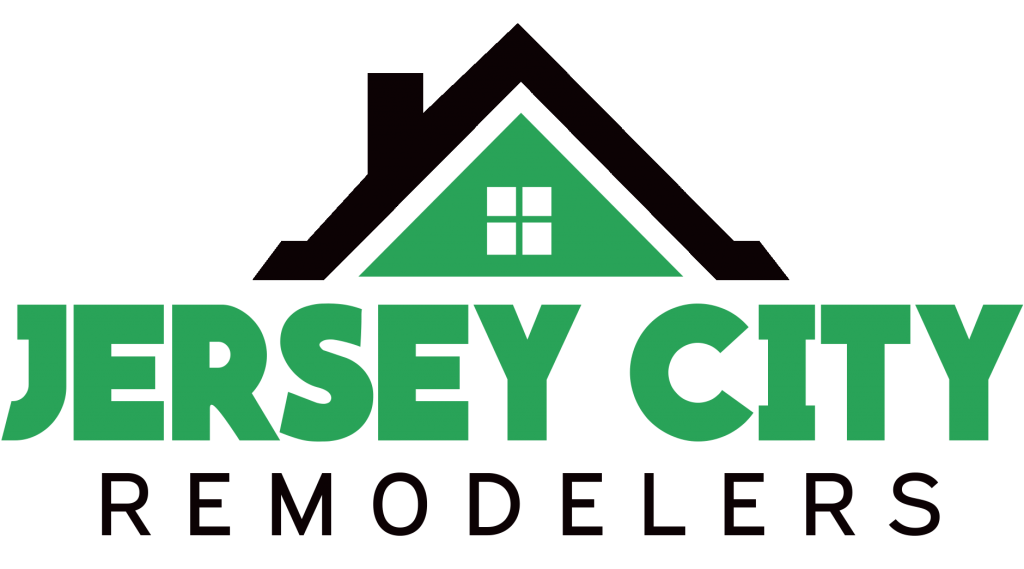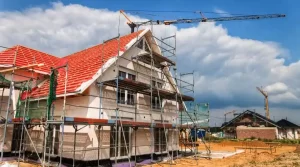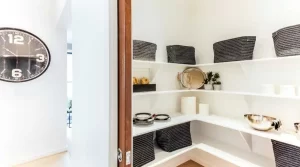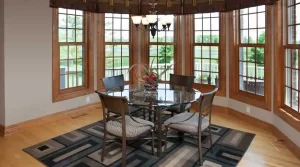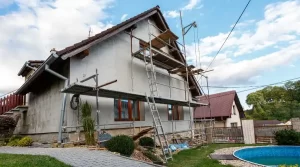Which is better, granite or quartz? is a question that our clients ask us frequently when they start their remodels. Each of these common kitchen countertop materials will have its advantages and disadvantages discussed.
GRANITE
Pros:
First, longevity. The countertop material of choice for many years has been granite. It has standing and attraction to all people. Granite is a nice addition that prospective buyers love to see if you know you’ll be moving soon.
Wide slabs are an option. Although there are many different sizes and shapes of granite slabs, slabs wider than 70 inches are more frequently encountered (quartz slabs are seldom larger than 65 inches wide). Wide slabs are very advantageous when redesigning your kitchen because there will typically be less seaming.
3. It might cost less. Choosing an expensive, unusual granite will undoubtedly increase the price above that of quartz. Yet one benefit of granite is that, depending on your needs, there are more affordable solutions.
4. Beautiful nature. The patterns and textures of granite are unique and can only be found in this natural material. Seeing that each slab is distinct, you may really customize your house. A granite slab like yours won’t be found anywhere else!
Cons:
First, it is permeable. Granite is not inherently moisture-resistant, like other stone alternatives. In order to prevent stains on your counters, it is best to clean up spills and water rings as soon as possible. Most spills don’t require rapid cleanup because quartz is a designed material that is nonporous and better able to withstand prolonged moisture exposure. Find out more.
2. Further maintenance is necessary. Although it needs a little more care than quartz, granite is not a material that requires high upkeep. Granite requires special cleaning techniques and cleansers, as well as periodic resealing (every two to five years).
Related blog: How to Prepare & Pack Your Kitchen for a Remodel
3. A lot of patterns are “busy”. People seem to either adore or loathe the granite’s pronounced pattern movement. Quartz is most likely the material of choice if you want countertops with minimal patterning.
It’s fragile. Never underestimate the strength of granite. Upon being installed, it breaks far more frequently than quartz does. To save money on a new slab, most installers may fill in cracks, but this can extend the duration of your project.
QUARTZ
Pros:
It needs little upkeep, for one. While not as a spill- and stain-prone as granite, quartz doesn’t require sealing. Always make sure to consult your manufacturer’s cleaning and maintenance manual before using a specific product on quartz because some chemicals might cause it to respond negatively.
2. More durability than real stone. Quartz is approximate as scratch- and stain-resistant as countertops can go, though it is not impervious to them. It is a manufactured item, making it nonporous and less stain-prone. Moreover, the production process usage of resins and polymers makes it more difficult for them to shatter or crack when installed.
It is well-liked. For homebuyers, quartz is a major selling element and provides a higher return on investment if you intend to sell your house in the future.
4. It provides dependable, straightforward styles. Quartz is a great choice for practically any kitchen because of its reliable, consistent hue! This is the countertop you want if you want something that looks like granite but isn’t “busy.”
Cons:
1. It costs more money. Price tends to increase with less maintenance and increased strength.
2. Outdoor installations are not appropriate for it. Quartz can withstand heat in most cases, however, it is not suitable for outdoor use. In contrast to granite, which is more resistant to sunlight and other environmental factors, its surface will eventually deteriorate and fade from exposure to the sun.
3. Color-matched slabs have a consistent appearance. The appearance of quartz slabs is constant and predictable. Quartz is not material to choose if you want a truly distinctive countertop.
4. The product isn’t authentic. Quartz is both resilient and cutting-edge, yet it will never be entirely natural or one of a kind.
What is therefore superior: quartz or granite? Seeing as how we’re a split team, we’ll let you make that decision!
